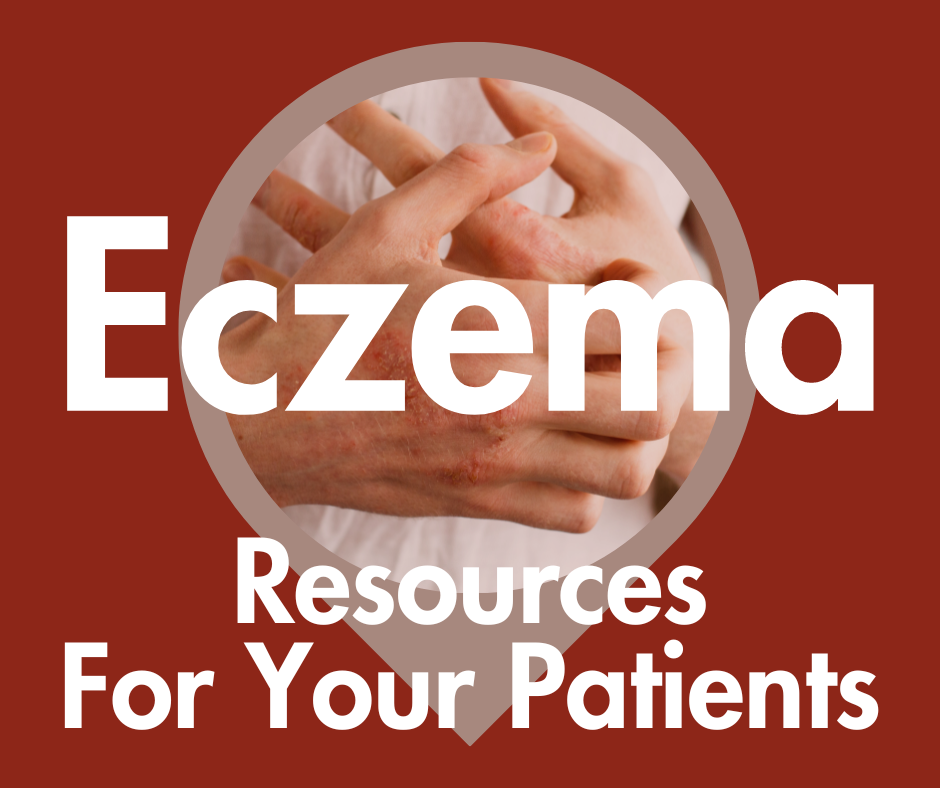- Acne
- Actinic Keratosis
- Aesthetics
- Alopecia
- Atopic Dermatitis
- Buy-and-Bill
- COVID-19
- Case-Based Roundtable
- Chronic Hand Eczema
- Chronic Spontaneous Urticaria
- Drug Watch
- Eczema
- General Dermatology
- Hidradenitis Suppurativa
- Melasma
- NP and PA
- Pediatric Dermatology
- Pigmentary Disorders
- Practice Management
- Precision Medicine and Biologics
- Prurigo Nodularis
- Psoriasis
- Psoriatic Arthritis
- Rare Disease
- Rosacea
- Skin Cancer
- Vitiligo
- Wound Care
News
Article
Jeffrey Cizenski, MD, FAAD: Eczema Representation Through Under My Skin Documentary
In this expert Q&A, dermatologist Jeffrey Cizenski, MD, FAAD, offers perspectives on National Eczema Awareness Month and AbbVie's Under My Skin documentary.
In part 1 of this discussion centered around AbbVie's Under My Skin documentary and the importance of eczema and atopic dermatitis (AD) representation, Jeffrey Cizenski, MD, FAAD, of Empire Dermatology in Syracuse, New York, offers perspectives on AD, the emotional toll it leaves patients and their families with, and more.
Юля Шевцова/Adobe Stock

Dermatology Times: As a dermatologist, how often do you see patients who struggle with the emotional and psychological toll of atopic dermatitis, and how do you address their concerns and needs?
Jeffrey Cizenski, MD, FAAD: Many of my patients have emotional and psychological impacts from their atopic dermatitis regardless of severity. This is often related back to the itch burden that the disease often carries.
Atopic dermatitis causes inflammation in the skin which results in pruritus. This revs up the itch-scratch cycle – when patients continue to scratch, it causes more inflammation, often leaving visible marks on their skin and furthering their discomfort. This cycle can cause problems for patients such as sleep disturbance and/or feeling uncomfortable and confident in their own skin.
In addressing their concerns, my approach is to listen and utilize the tools I have available to help improve their quality of life. By doing this, I can ensure they receive the appropriate treatment that provides them with the most successful outcome.
Dermatology Times: How does AbbVie’s Under My Skin documentary bring these challenges of life with eczema to the forefront of the patient care conversation?
Cizenski: As a clinician, it can be hard to contextualize what an eczema patient’s daily life looks like – during an appointment, you can only get little snippets but those conversations may not provide you with a clear picture of the full impact of their disease.
AbbVie's 'Under My Skin' documentary sheds light on the distinctive experiences of patients, offering valuable insights into the diverse physical and mental effects of living with eczema. This information is also indispensable in fostering greater empathy for individuals struggling with this condition.
Dermatology Times: In the documentary, we see patients who have struggled for years. Can you discuss the importance of persistence and hope in managing eczema?
Cizenski: Eczema, while a common condition, manifests uniquely in each individual, making the journey of managing its symptoms highly personal. Patients who maintain persistence and open dialogue with their dermatologists, discussing the full extent of their condition, will hopefully build a support network that enhances their ability to effectively manage their eczema.
For caregivers of individuals with eczema, don’t become defeated. There is a wealth of information and resources at your disposal to assist you in providing the best support for your loved one as they face the challenges posed by this condition.
Dermatology Times: The film touches on the impact of societal beauty standards on individuals with skin conditions. Can you speak to this issue and offer insights on building self-esteem and self-acceptance within patients?
Cizenski: When we contemplate societal beauty standards, it becomes evident that dermatology patients often grapple with some of the most profound impacts. If they experience deformities in their skin's appearance and texture, it's quite probable that they may hesitate to engage in social activities, leading to isolation and a decrease in both their quality of life and self-confidence.
In terms of building self-esteem and self-acceptance within patients, my advice would be to encourage them to maintain positive social connections and tap into the resilient and supportive spirit within the eczema community. As dermatologists, we should also facilitate conversations that allow our patients to discuss the holistic impact of their disease to help them better manage their condition.
Dermatology Times: The documentary highlights the importance of a support system. In your experience, how can family and friends best support someone with eczema emotionally?
Cizenski: Patients can often find themselves engaged in extensive research and proactive efforts to help manage their eczema, which can sometimes challenge their ability to maintain the persistence we previously discussed. In this context, the support of family and friends becomes pivotal, as they play an important role in providing the encouragement and reassurance needed to help patients remain consistent and build back their confidence.
Dermatology Times: Is there anything else related to the documentary or to the emotional impacts of life with eczema that you feel would be important for those in the dermatology field to consider or be cognizant of?
Cizenski: Dermatologists should be committed to understanding the individual impact living with eczema has on each one of our patients. We should be asking questions regardless of disease severity – focusing on what will help us understand our patient’s quality of life and ensure we are not trivializing their experience based on what we can see.
Newsletter
Like what you’re reading? Subscribe to Dermatology Times for weekly updates on therapies, innovations, and real-world practice tips.





